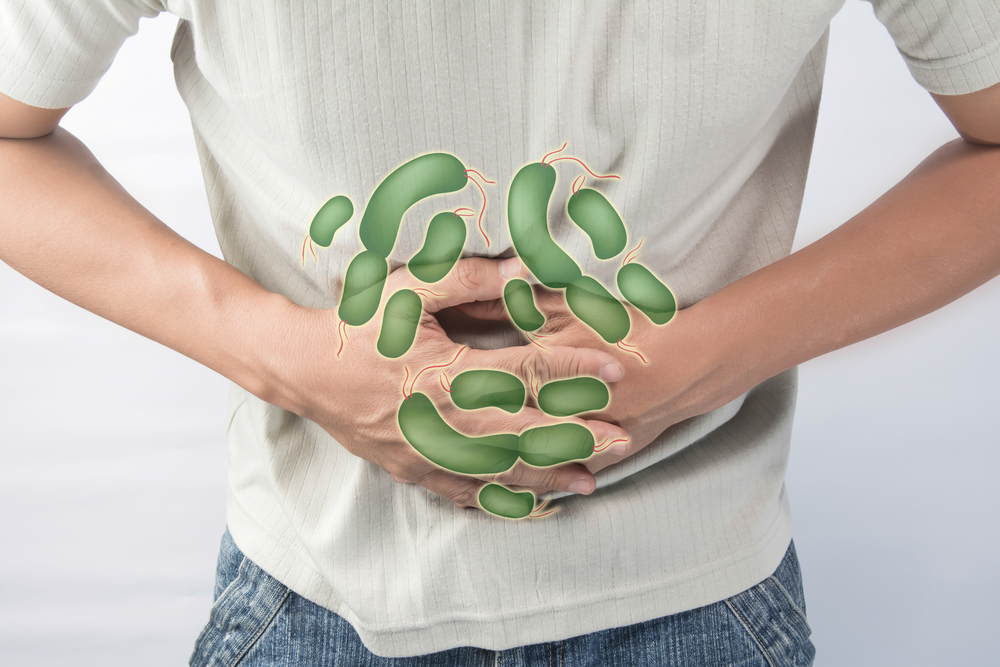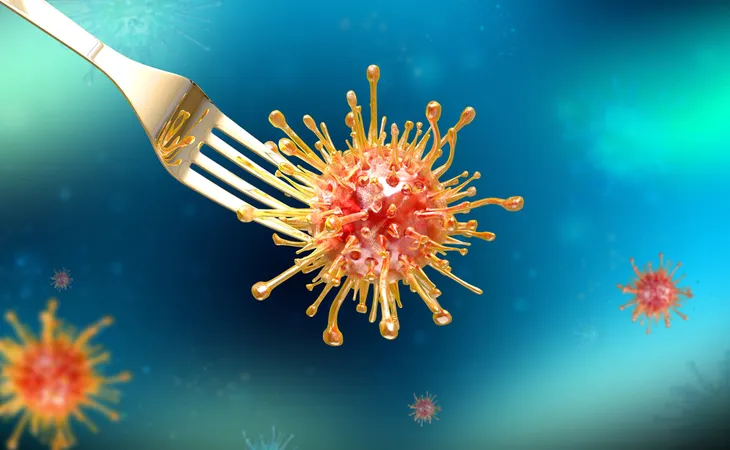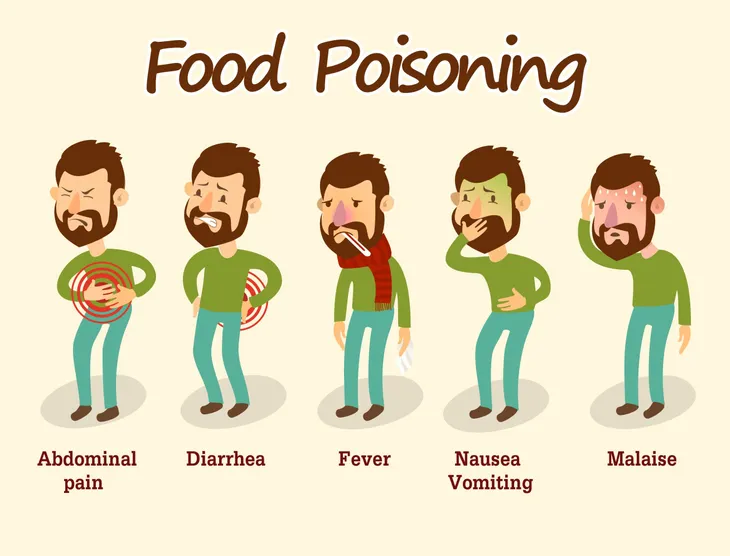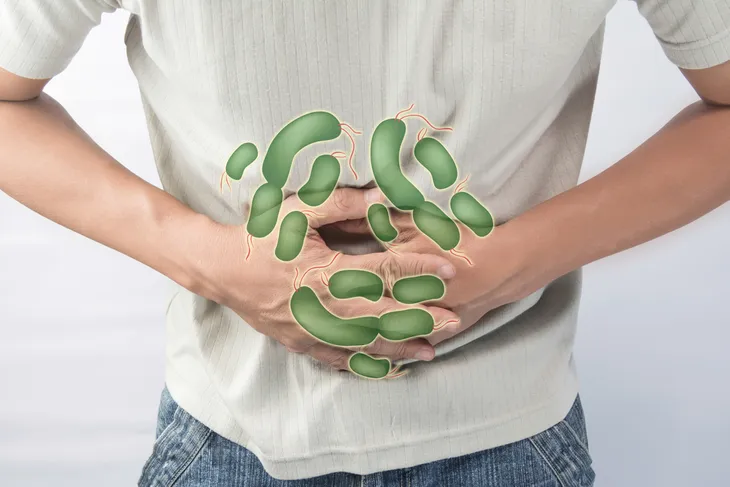It seems the news is constantly filled with food recalls that affect North American consumers. From E.coli to salmonella to listeria, foods contaminated with the most prevalent forms of food-borne bacteria impact everything from meat to cheese, pet food to baby foods, and don’t forget all of the frozen foods, processed snacks, fresh vegetables, and even boxed tea recalls over the past year.
So what happens if you buy or eat a food that’s been recalled due to food-borne bacteria spoliation?
What Are The Most Commonly Recalled Food Items?
Research from the Canadian Research Institute in Food Safety claims that with so many food recalls, it’s often difficult to pinpoint the most common offenders. However, certain foods are linked to particular types of food-borne bacteria more than others.
For instance, processed meat products and softer cheeses are often more impacted by listeria. Whereas E.coli has prevalence among ground beef and fresh produce. And food recalls due to salmonella most commonly strike eggs, peanut butter and tree nuts, poultry, and sprouts.
If You Accidentally Eat a Contaminated Food Product…
Dr. Jeffrey Farber, a professor at University of Guelph’s Department of Food Science, says that ideally you’ll hear or read about a food recall in time to discard the product (or in some cases you’re able to return it to the store of purchase) safely before you or anyone in your family consume it.
However, if you happen to eat food contaminated by food-borne bacteria, most healthy adults will feel flu-like symptoms for only a few days (i.e., nausea, stomach cramps, diarrhea and vomiting). It’s important to keep yourself hydrated and to contact a doctor if you are pregnant, elderly, a child, or if you have low immunity due to another health issue. Also, if symptoms persist past a few days and don’t improve, contact your doctor immediately.
Symptoms of Listeriosis
If you happen to consume a food contaminated with listeria foodborne bacteria, it’s common for a healthy adult to experience various gastrointestinal upset in the immediate days following (i.e., stomach cramping, diarrhea, nausea and vomiting). Listeriosis can also cause muscle aches and pain, headache and high fever and your physician may prescribe antibiotics to aid recovery.
Cause for concern arises in pregnant women, who account for 27-percent of all listeriosis infections, according to the Centers for Disease Control and Prevention (CDC). Also, patients can develop a serious but rare infection, known as meningoencephalitis (meningitis or encephalitis), which strikes the central nervous system, or brain and its surrounding tissues. Meningoencephalitis can result in stiff neck, chronic headache, balance issues, and confusion.
Symptoms of E. coli
Similar to listeriosis, E. coli can cause a range of flu-like symptoms, including nausea, abdominal cramps, diarrhea, low grade fever, and vomiting within 3 to 10 days of food consumption.
Keep in mind that different strains of E. coli can affect patients differently. For example, Escherichia E. coli (O157:H7) and other Shiga toxin-producing E.coli have been linked to hemolytic uremic syndrome (HUS), a potentially-life-threatening condition that can lead to kidney damage, seizure, stroke, and even death in approximately 10-percent of patients.
Symptoms of Salmonellosis
Salmonella illness, or salmonellosis, again causes a series of uncomfortable gut-related symptoms, such as stomach cramps, nausea and vomiting, diarrhea, and fever, often within 12 to 72 hours of eating food contaminated with Salmonella enterica bacterium.
According to research from WebMD.com, salmonella often clears up on it’s own without treatment. However, dehydration is common due to severe diarrhea, and older patients, infants, and patients with compromised immunity may require hospitalization, or develop Reiter’s syndrome, a type of reactive arthritis that’s often caused by a gastro-bacterial infection.
Preventing Foodborne Illness
Food handling and safe cooking procedures are perhaps the most important allies in preventing foodborne illness in your home. For instance, it’s vital to wash your hands, utensils, knives, cutting boards, and countertops before and after handling raw foods to avoid cross-contamination.
Washing fresh produce is also necessary to banish any lingering bacteria. Remember, that cooking food at safe temperatures will do its part to kill E. coli, listeria, and salmonella bacteria. Always make sure prepared food is safely stored and refrigerated to prevent bacterial growth.









